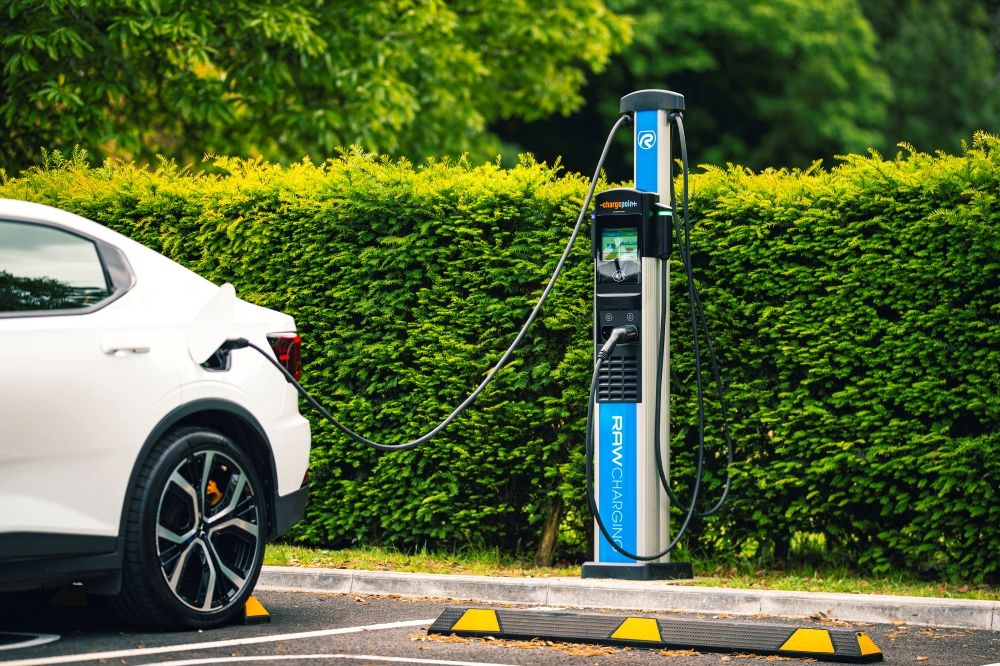Almost three-quarters of councils have declared a climate emergency but 60% are having difficulty accessing data to develop local energy projects and reach net-zero.
According to the Energy Systems Catapult, most local authorities have access to a wide range of data sources such as GIS data, housing data and energy data to enable local energy project development and implementation. But the level of granularity of the data – and the tools and expertise to analyse it – requires addressing, it said.
The Catapult identified the need for local and national initiatives to improve data access and availability with the development of a smart local energy system (SLES). It also focused on building and acquiring skills to process data to inform investment and planning decisions.
Energy Systems Catapult has published a report Enabling Smart Local Energy Systems: The value of digitalisation and data best practice in collaboration with the SLES community. It identifies key recommendations for government, network companies and energy developers in the drive to Net Zero. These include:
- Ofgem opening data retained by the smart energy research lab;
- Councils and network operators focusing on making data as open as possible
- Local authorities partnering and collaborate across other regions to overcome the lack of skills, expertise and resources
Energy Systems Catapult is using the findings of the report to lead a digital working group to support local authorities to access the data to help meet net zero – in line with recommendations from the Energy Data Taskforce. A Local Energy Systems Toolkit is also being developed to help local authorities overcome challenges in developing smart, local energy systems.
Eric Brown, chief technology officer at Energy Systems Catapult said: “Local authorities have a pivotal role to play in achieving Net Zero but they need access to data of sufficient quality and granularity to enable them to act successfully. Smart local energy systems will be an important part of this.
“Not only do they address climate objectives, but they can also deliver economic and social benefits and help build stronger, more resilient communities.
“Data is necessary to support good investment decision making and importantly this data must take both national and local perspectives if expected outcomes are to be delivered.”












